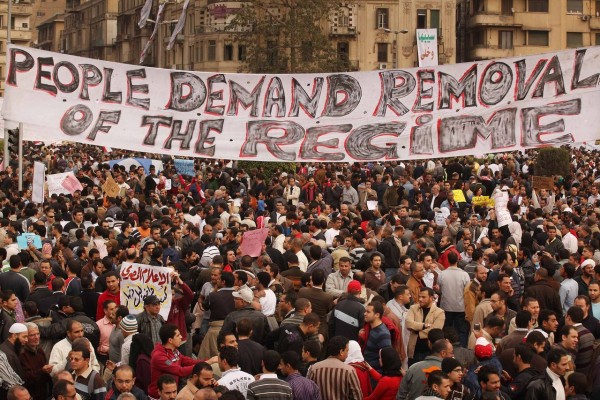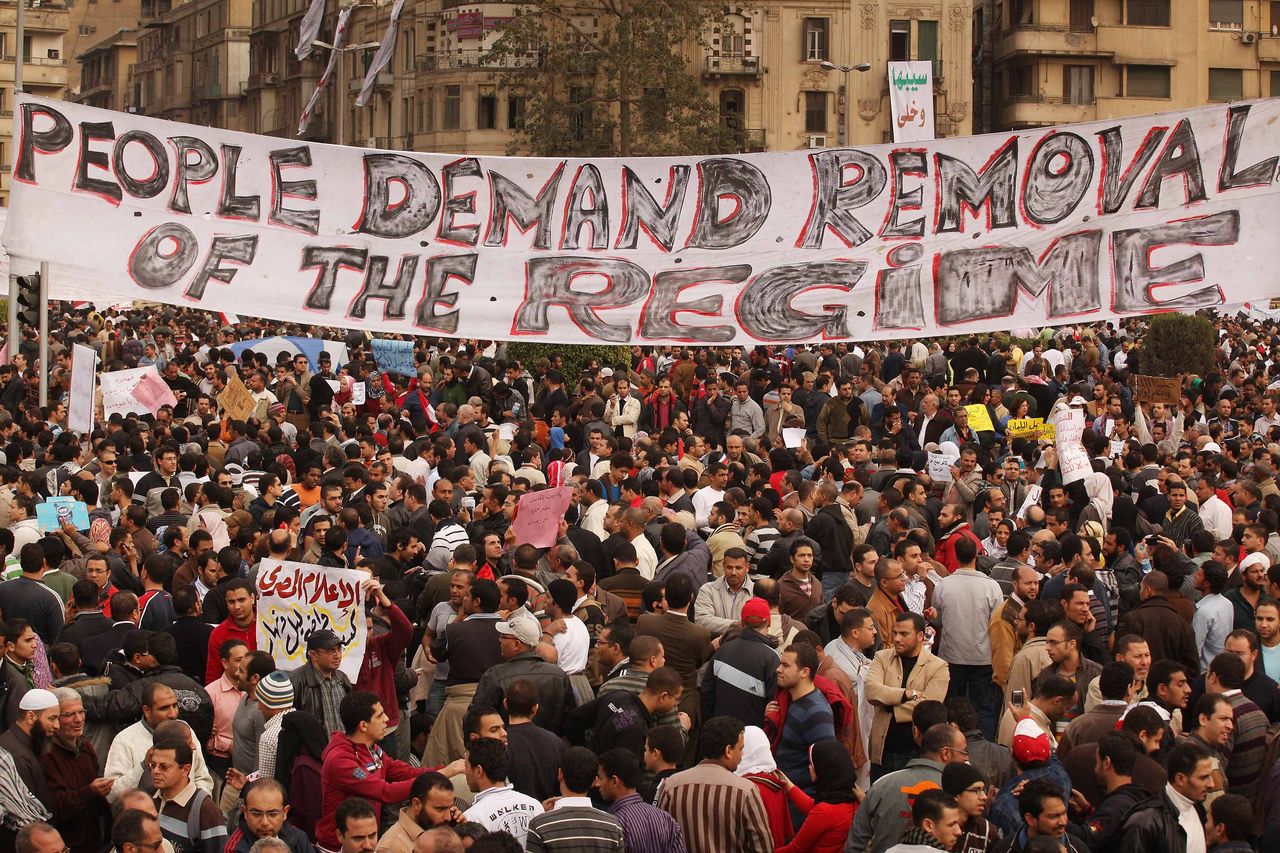
Over the last two presidential election cycles, it appears as if Middle East foreign policy has essentially become the foreign policy platform candidates run on. With regional unrest at arguably the highest levels they’ve been in history and the importance the region plays in the global oil market, (nearly 66% of crude oil reserves in the Middle East), it is time to review current policies and ultimately what the two options in the region come down to: Become more involved or remove ourselves.
The areas of the region seeing the most coverage nationally are due to the unrest of the Syrian Civil War, a three sided conflict involving the authoritarian Assad regime, rebel fighters, and militant groups, most notably ISIS. Radicalization has been a concern of the U.S. with fears of domestic radicalization growing and in a speech the President gave during a Mosque visit recently, something that the U.S. encourages fighting overseas. He calls for Muslims and Muslim scholars abroad to speak out against radicalization, to enter the public forum and take extremist ideals head on.1 This strategy is definitely key in combating radicalization but steps over the problems which create a climate that allows terrorism: oppressive regimes.
As the Arab Spring of 2011 showed us, the population of the Middle East-North Africa (MENA) are seeking change, fairness, and liberty from their governments, most of which are still authoritarian regimes or in conflict. Both conflict and authoritarian regimes create spillover effects that have kept the MENA region in a cycle of instability:
Vulnerability to terrorist groups → widespread violence → refugees → more regional instability.
There are however countries which are stable, at least for now, in the MENA region that include Saudi Arabia, Iran, and Israel. These countries play a pivotal role for the U.S. moving forward. Saudi Arabia and Israel are allies for oil and security purposes respectively and Iran remains highly influential and has gained the most power in the region’s unrest, supporting proxy action and some of its citizens funding militant activities. Our vendetta is, the next Presidential administration must address the issues in the MENA region keeping core interests in mind, but with the understanding that by removing ourselves from the region as a means to protect our core interests we run the risk of destabilizing the region further.
The Obama administration has moved forward with the least effective strategy, a truly neutral one. They have only committed time and resources into the destruction of ISIS but that only solves half the problem. Without political stability in the region, decimating one terrorist cell will only give rise to another. Al-Qaeda was all but neutralized in 2008 but instability in the region gave birth to ISIS in 2011. Perhaps it’s fear of the mark the Iraq War left that the U.S. remains hesitant to get involved in MENA government structures, but its those authoritarian structures which are creating the widespread instability leading to civil war. Even though a ceasefire agreement has been put in place in Syria, mainly to deliver food to hungry civilians, as a whole they are only temporary and give an impression that current policies are on the right track while sidestepping the true problem.
The next pill swallowed will be the toughest pill to swallow. The next President will need to make a decision of either becoming more involved in the region’s civil wars or removing ourselves to a minimal presence. Withdrawal can create adverse effect especially during times of civil war as there is no external or internal peacekeeper to ensure terms of the ceasefire or treaty are carried out. In other words, there are no assurances of long term stabilization. We would need to assess where we must keep a minimal presence. That extends to our partnership with Israel, oil interests, and terrorism prevention. While there is a possibility that a withdrawal could remove some of the ire drawn by terrorist groups towards the U.S., continual instability could keep ideal circumstances for radicalization as mentioned earlier.
The alternative is becoming more involved with several key steps:
- Sending combat forces into the region or at the very least a larger presence of intelligence and logistic personnel.
- Build and train new indigenous militaries to address terrorist threats and serve as a security net for the new countries.
- Ensuring equal power sharing for groups in the country with help from European allies.
As Kenneth Pollack, a fellow at the Brookings Institute writes, we must change the dynamics of the battlefield. Pushing both sides of a civil war to the negotiating table for long term solutions once it is realized the conflict cannot be resolved with violence. This foundation of stability can then give way to efforts for defeating terrorism and radicalization which have spawned from instability and flourish in its presence.
The U.S. can then move to address other countries potentially on the brink of civil war due to internal state failures such as Egypt, Tunisia, Jordan, and Turkey. While the U.S. should not get involved in democratization, the process of a country building a democratic system of governance, they should put pressure on those countries to reform with incentives of trade and economic benefits to help bolster their economies. The reform should at least go as far as to allow safe public forums of speech so that citizens and scholars can speak out in the ways President Obama is hoping they do.
The U.S. must commit to stabilizing the MENA region for our interests and the interests of those inhabiting the region. It is far too dangerous to continue to walk the middle path with no real solution outside of containment. Withdrawal from the region runs the risk of destabilizing it further with even more adverse spillover effects. Saudi Arabia for example is walking a fine line between civil unrest and conditions for a civil war with King Salman spending upwards of $12 billion a month.2 Should conditions worsen or instability spread, that could be enough to push the country over the edge. Moderating civil wars and incentivizing regimes to reform both serve as a means to secure human rights and prevent terrorism in the region. It is counter-productive to call a hereditary monarch in a country with human rights violations a ‘hero’ and continue to provide military support to an authoritarian power we are critical of, supporting the very structures which have given rise to the regional instability.
These proposals are not advocating for interventionist strategies, but for overseeing and assisting with political progress to allow smooth transitions and quell civil unrest in a region where a growing youth population has shown desire for change.
Take action:
Take a look at the positions Presidential candidates are taking on MENA policy to inform your vote in the primaries and November:Link




